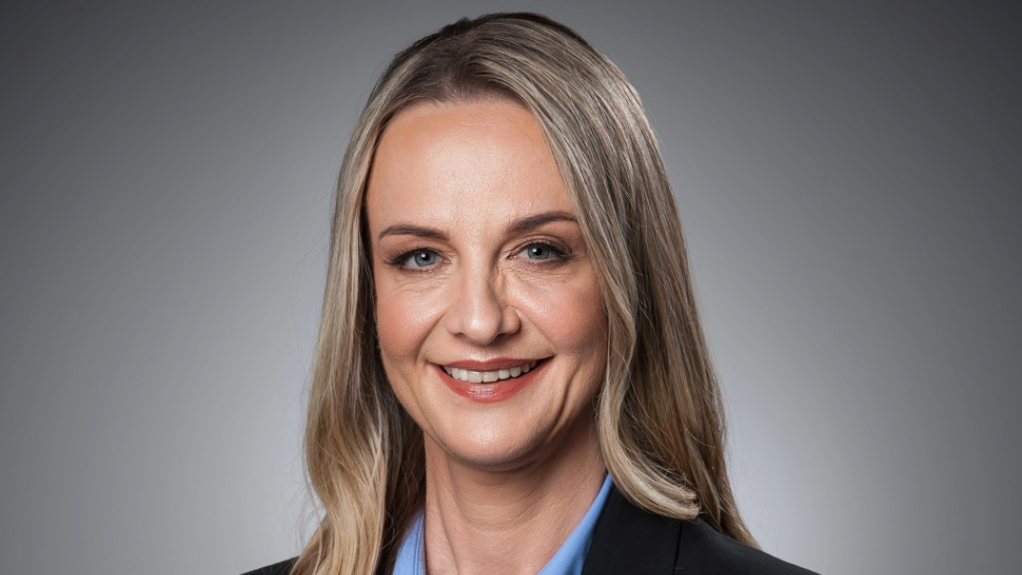Over the past decade, significant strides have been made globally and locally towards improving gender representation in the workplace. Yet, despite this progress, the financial services sector, particularly asset management, continues to lag, notes financial services provider Old Mutual Alternative Investments COO Karin du Toit.
Despite strong female academic performance and qualifications, women are still largely absent from roles that directly influence investment decisions and strategy. Data from the ‘Eskom Pension and Provident Fund Diversity in Asset Management Study’ indicates that in 2024, only 17.2% of portfolio management professionals in South Africa were women, says Du Toit.
“When including all roles related to investment management such as administration, reporting and marketing, the representation rises to 43.8%, but this masks their ongoing exclusion from core decision-making positions,” she comments.
“Unconscious bias is perhaps, in my view, still the largest obstacle. Misperceptions around leadership capability, ‘executive presence’, and assumptions regarding availability and ambition post-motherhood have persistently hindered women’s ascension into senior roles.”
She suggests that these biases often manifest subtly but consistently, shaping hiring decisions, performance evaluations and promotions. “We need to rethink these entrenched practices and provide more visible pathways and support for women to enter [the sector].”
Looking ahead, targeted early-stage interventions are pivotal.
“We must expose young girls early to role models in finance, support [science, technology, engineering and mathematics-] related education and provide mentorship programmes that encourage their growth in the sector.”
She says that young women aspiring to shape the future of South African finance must commit to developing “exceptional” technical competence and broadening their knowledge base while embracing their unique femininity.
“My own career has placed me in operational and financial roles, typically seen as support functions, dominated by women, juxtaposed against investment teams historically dominated by highly educated men. One of my lifelong professional goals has been to bridge this divide. At Old Mutual Alternative Investments, we have actively pursued meaningful integration and mutual respect between these two traditionally separate worlds,” adds Du Toit.
Old Mutual’s initiatives include targeted mentorship programmes where senior investment professionals mentor colleagues from operations and finance teams, recognition programmes that acknowledge excellence irrespective of function or gender and deliberate efforts to ensure transparency and inclusivity in information-sharing.
“Reflecting on my personal journey, becoming a mother in 2016 truly reshaped my perspective, enabling a deeper understanding of the immense challenges working mothers face. Learning how to balance motherhood with the rigorous demands of the asset management sector was profoundly challenging but ultimately made me a more empathetic and inclusive leader.”
Encouragingly, one positive outcome from the Covid-19 pandemic has been the increased adoption of flexible work arrangements. This shift has empowered women to balance professional and personal responsibilities better, resulting in continued economic participation, which is crucial to South Africa’s road to economic recovery.
Further, she notes that meaningful transformation cannot be limited to gender alone. Intersectionality, considering race, socioeconomic status, disability and sexual orientation, is crucial. “Diversity, equity and inclusion initiatives must genuinely engage with these intersecting identities to create authentic inclusion.”
Du Toit says that women leaders carry significant responsibilities in cultivating such inclusivity as they are “naturally adept” at creating space for diverse perspectives, demonstrate “high emotional intelligence” and create environments where “everyone feels valued”. These skills, once undervalued, are now essential for sustainable business success.
“The road to gender equality in finance is neither straightforward nor quick. It requires intentional, sustained action, authentic leadership commitment and structural change. Only then will we unlock the full potential of all individuals, irrespective of gender and achieve economic empowerment and inclusive prosperity,” she concludes. ![]()






